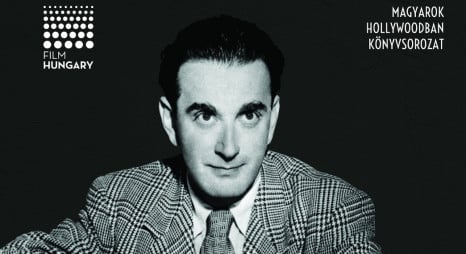My concerto’s so much better than the movies…
Album Of The WeekFrom the Lebrecht Album of the Week:
I had tea once with Miklos Rozsa in a friend’s flat, around the corner from Abbey Road. It was my first encounter with a Golden Age Hollywood composer, and I had far more curiosity than he was prepared to satisfy. He wanted to talk about his concert works, not movie scores. I kept reverting to The Jungle Book and Julius Caesar while he nudged me towards his neglected concertos.
This violin concerto, written for Jascha Heifetz in 1953, took three years to reach the stage while the soloist fiddled around with the score. Heifetz had been savaged by critics for premiering Erich Wolfgang Korngold’s movie-highlights concerto; he did not want to get burned twice….
Read on here.
And here.
En francais ici.






Comments